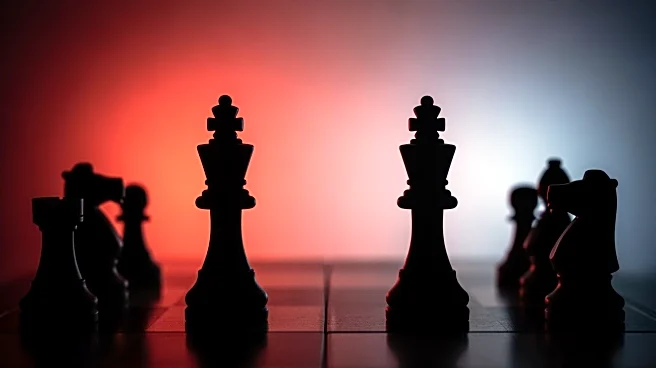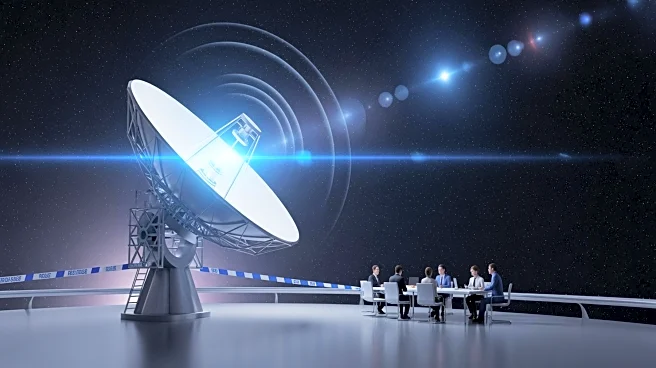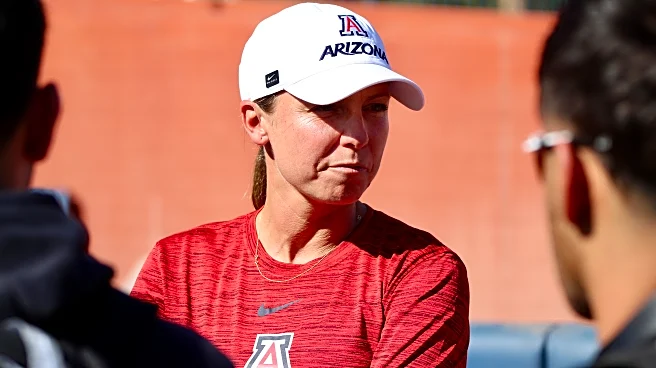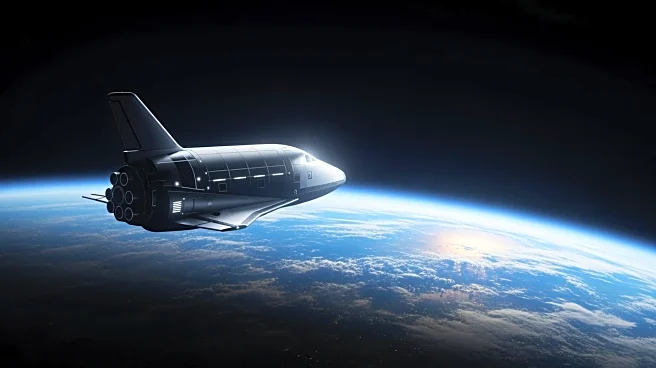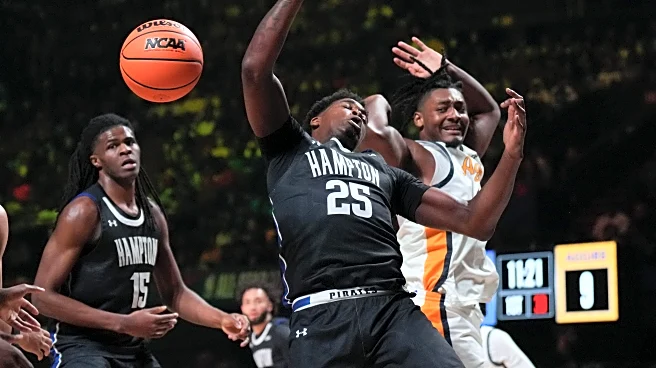Rapid Read • 7 min read
NATO defense chiefs held a virtual meeting to discuss potential security guarantees for Ukraine, aiming to forge a peace agreement to end Russia's three-year war on Ukraine. Italian Admiral Giuseppe Cavo Dragone, chair of NATO's Military Committee, led the discussion involving 32 defense chiefs. The meeting is part of a U.S.-led diplomatic effort to end the conflict. U.S. Gen. Alexus Grynkewich and Gen. Dan Caine participated in the talks. Russian Foreign Minister Sergey Lavrov criticized the exclusion of Russia from these security arrangements, asserting that Russia will protect its interests firmly. President Trump recently met with Russian President Putin and Ukrainian President Zelenskyy, but no concrete progress was made.
AD
The discussions are crucial as they aim to provide Ukraine with security assurances to prevent future invasions by Russia. The outcome could significantly impact the geopolitical landscape in Europe, affecting military alliances and regional stability. Western countries are considering forming a security force to support any peace agreement, which could involve commitments from 30 countries, including Japan and Australia. The U.S. role remains uncertain, as President Trump has ruled out sending U.S. troops to Ukraine. The situation underscores the complexity of international diplomacy and the challenges in achieving lasting peace.
Potential next steps include further diplomatic negotiations and the establishment of a security force to support Ukraine. The possibility of a summit between Putin and Zelenskyy in Switzerland is being considered, although logistical challenges remain due to Putin's ICC warrant. The international community continues to pressure Russia through sanctions and diplomatic efforts, while Ukraine seeks stronger security guarantees. The evolving situation may lead to broader discussions on military and humanitarian aspects of the conflict.
AD
More Stories You Might Enjoy


